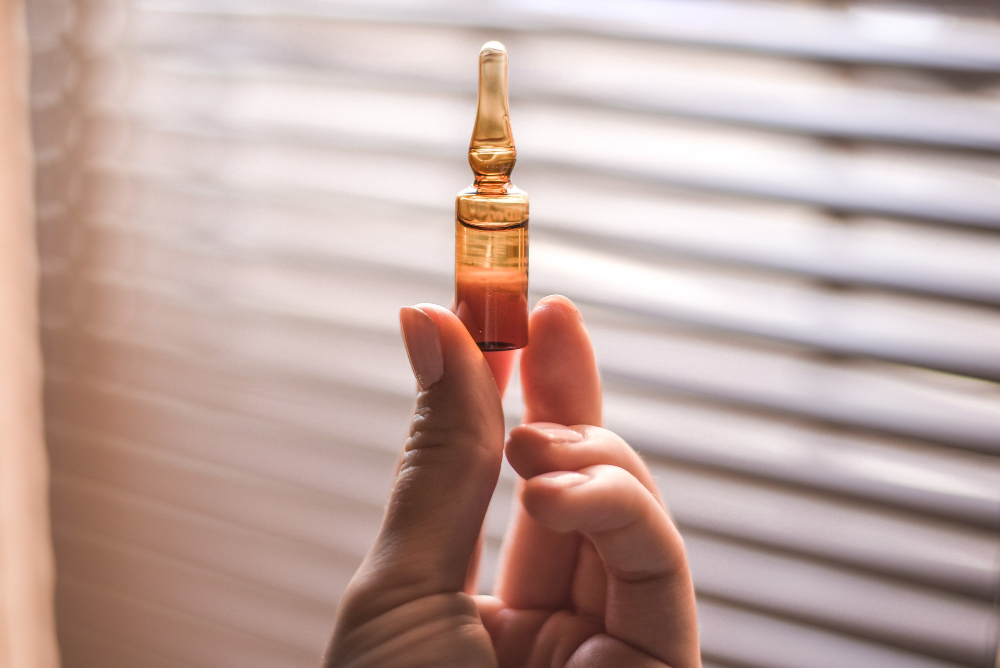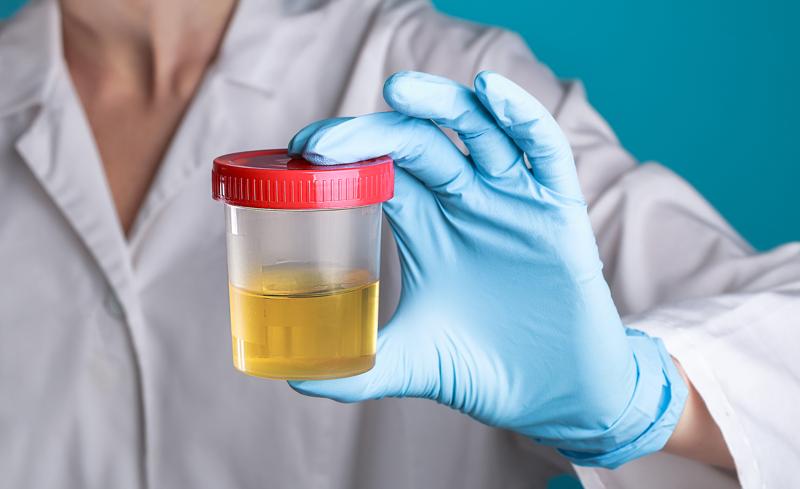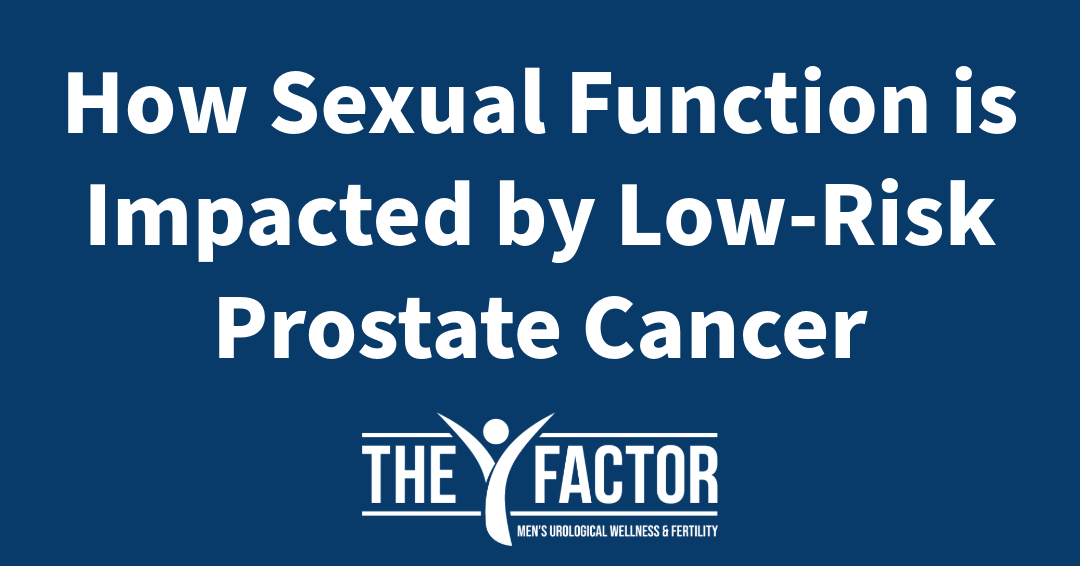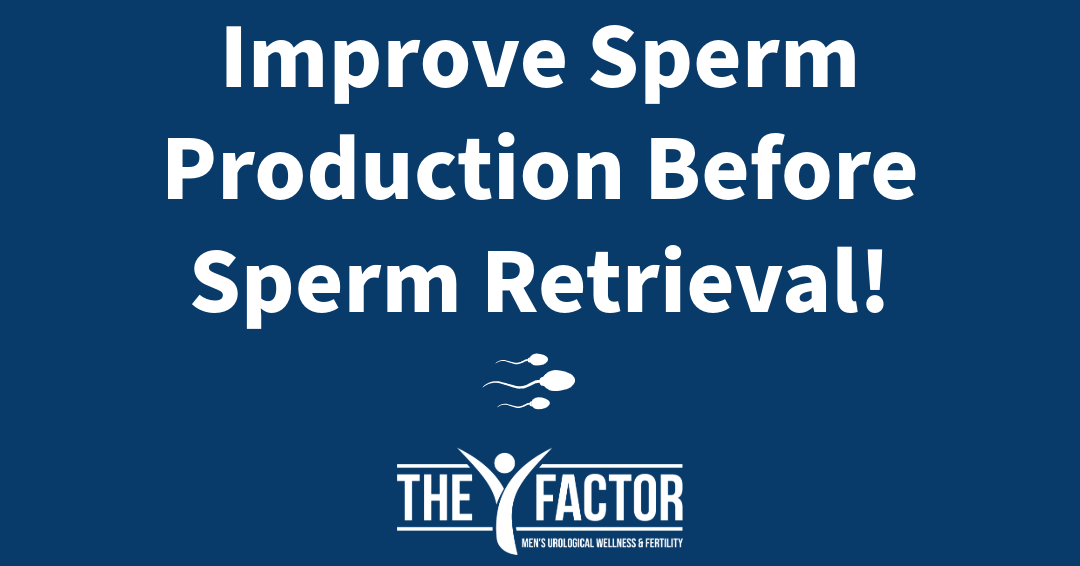Average Reversal Rates for Vasectomy


Vasectomy, which is a surgical treatment conducted for male sterilization, is regarded as a technique of contraception that is both very successful and permanent. On the other hand, life circumstances can change, which may prompt some individuals or couples to consider the possibility of reversing the surgery. Throughout this blog, we will look into the average reversal rates for vasectomy, analyzing the factors that influence success and the concerns that one ought to bear in mind.
The Fundamentals of Vasectomy
It is vital to have a fundamental understanding of vasectomy before digging into the information regarding reversal rates. This surgery is performed on an outpatient basis and involves cutting or obstructing the vas deferens, which are the tubes that transport sperm from the testicles to the urethra. When this pathway is disrupted, sperm are unable to combine with semen, which prevents fertilization from taking place during the ejaculatory process.
Surgical Procedure for Vasectomy Reversal
The surgical operation known as a vasectomy reversal, which is also referred to as a vasovasostomy, is performed with the intention of reconnecting the vas deferens in order to restore the flow of sperm. In the event that the first way is not viable, the epididymovasostomy is an additional alternative. This procedure involves the surgeon connecting the vas deferens directly to the epididymis.
Reversal Success Rates on an Average Basis
Typically, the success of vasectomy reversal is evaluated based on the return of sperm to the semen and the subsequent achievement of pregnancy. Success rates can vary, with an average success rate for reversal ranging from forty percent to ninety percent, depending on a number of different circumstances.
- Time After the Vasectomy
Over the time that has passed since the vasectomy, the success rate tends to diminish. The success rate of reversal procedures that are carried out within a few years following the first vasectomy is typically higher than the success rate of procedures that are carried out after a longer length of time. - Surgeon’s Experience
A significant component that plays a role in determining success is the surgeon’s level of skill. In order to improve the chances of a successful reversal, it is essential to have a urologist who specializes in male reproductive operations who is both skilled and experienced. - Female Partner’s Age
In addition, the age of the female partner and her fertility status are also important factors to consider. It is often the case that vasectomy reversal results in increased pregnancy rates for younger female partners who do not have any reproductive difficulties. - Vasectomy’s Degree of Quality
During the first vasectomy, the technique that is employed can affect the success of the reversal procedure. The odds of a successful reversal would be increased if the vasectomy was carried out using methods that preserved a more extended portion of the vas deferens. - Presence of Anti-sperm Antibodies
Some people can develop anti-sperm antibodies after having a vasectomy, which can have an impact on the outcome of the reversal procedure. When these antibodies are present, they can impede the migration of sperm and the process of fertilization.
Things to Think About Before Making the Decision to Reverse
When contemplating a vasectomy reversal, individuals or couples should give careful consideration to a number of factors, including the following:
- Preparedness at the Emotional and Psychological Level
In order to make an informed decision about whether or not to undergo a vasectomy reversal, it is necessary to give careful thought to the emotional and psychological readiness of parenthood. - The Price and the Coverage of Insurance
The reversal of a vasectomy can be rather pricey, and insurance coverage may vary from case to case. It is of the utmost importance to investigate the financial implications and gain an understanding of the possible out-of-pocket expenses. - Alternative Options
It is recommended that, prior to committing to reversal, the investigation into alternative possibilities, such as in vitro fertilization (IVF), be carried out. In vitro fertilization (IVF) might be the better option for specific individuals or couples. Sperm retrieval is also an option to help couples with IVF. Dr. Russel Williams specializes in sperm retrievals after a vasectomy. Individuals or couples who are contemplating vasectomy in Houston, Texas, should make it a priority to get knowledge regarding the average reversal rates associated with this procedure. In spite of the fact that success rates are affected by a number of factors, such as the amount of time that has passed since the vasectomy, the level of experience of the surgeon, and the age of the female partner, carefully considering emotional readiness, cost, and other possibilities is necessary in order to make an informed decision. It is possible to gain vital insights and direction in navigating this significant decision by consulting with a healthcare practitioner who is knowledgeable in the healthcare field.

Select Your Men's Health Specialist, Book Instantly
Find expert urologists and men's health professionals who understand your unique needs.
Our streamlined platform helps you connect quickly and confidentially.
Personalized Treatment Plans
Receive tailored recommendations and therapies specifically designed to address your individual health needs.
Ongoing Support & Follow-up
Benefit from continuous care, including regular progress reviews and expert guidance throughout your wellness journey.












